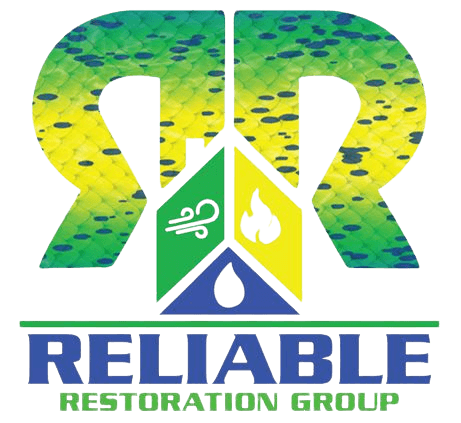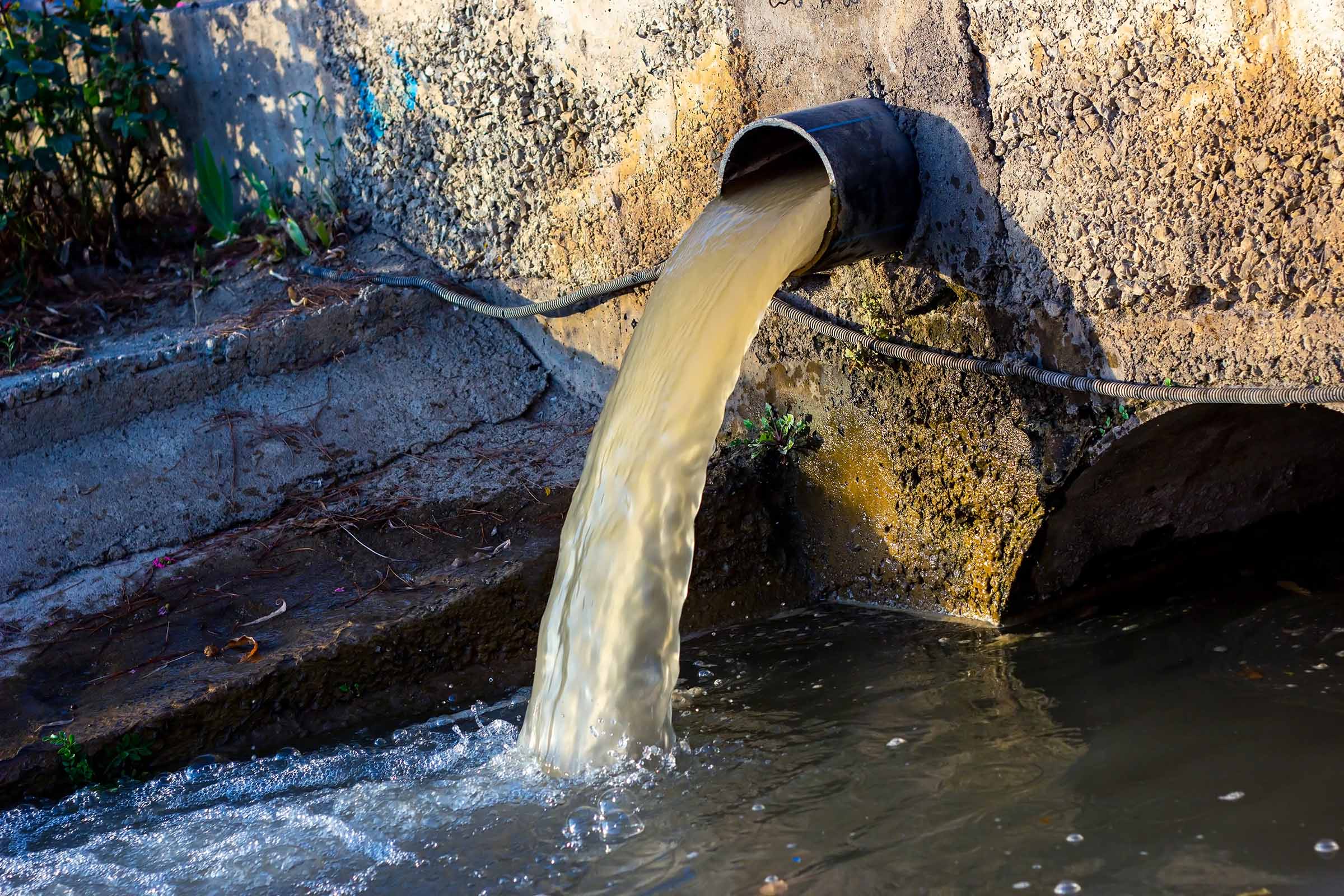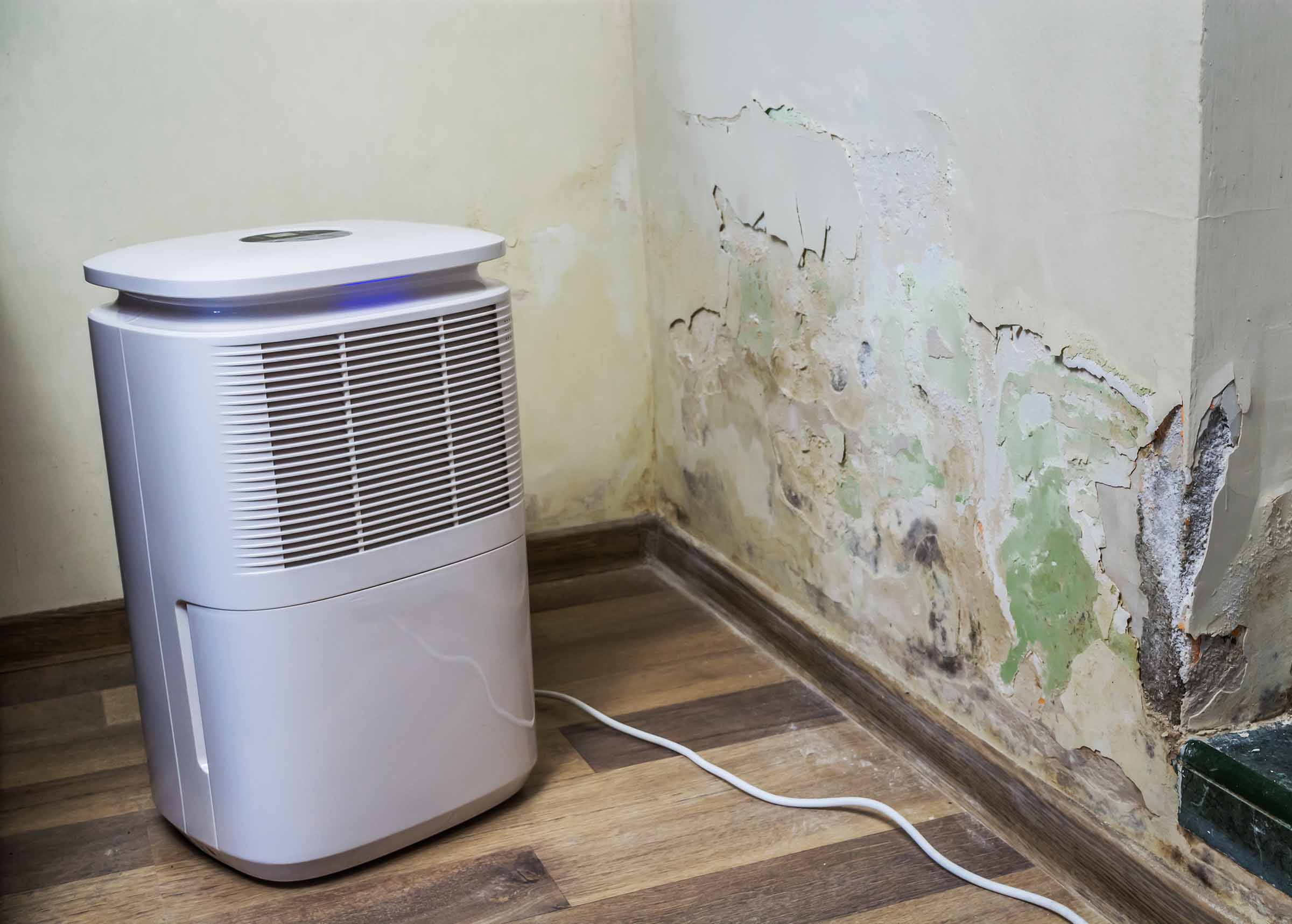Water damage can sneak up on you, whether it’s from a leaky roof, a broken pipe, or a natural disaster like a flood. It’s something no homeowner wants to face, but it happens more often than you might think. When water gets where it shouldn’t be, it’s important to act fast. Waiting too long can make things worse, leading to more damage and higher costs to fix it.
Right after water damage happens, you might see some clear signs like water spots on the ceiling, soggy carpets, or peeling paint. These are signs that water is affecting your home. This damage can hurt the structure of your house, like the walls and floors, and can ruin things you own, like furniture and clothes. That’s why it’s so important to move quickly. Getting rid of the water and starting the drying process as soon as possible can help stop the damage from getting bigger.
Immediate Effects of Water Damage
When water damage isn’t fixed right away, it can make the building weaker over time. This means parts of the house like the foundation can get less strong, wood can start to rot, and metal parts might rust. These problems don’t show up right away but can make the house unsafe if they’re not taken care of. For example, floors might start to sag, or walls could lean. Fixing these issues can be very expensive and take a lot of time.
Mold is another big problem that can come from water damage. It can grow on walls, ceilings, and floors if they stay wet. Mold isn’t just ugly to look at; it can also make you sick. Breathing in mold can be especially bad for people who have asthma or allergies. It can cause coughing, sneezing, and make it hard to breathe. That’s why it’s important to dry out wet areas fast and clean up any mold you find.
Water can also hurt the wires and pipes in your house. If water touches electrical wires, it can be dangerous and might cause a fire. Water can also make pipes rust or break, leading to more leaks and water damage. After water damage, it’s a good idea to have a professional check the electrical system and plumbing to make sure everything is safe and works right.
Electrical and Plumbing Systems
Water damage can cause big problems for the wires and pipes in your house. If water gets on wires, it can be very dangerous and might even start a fire. Also, if pipes get rusty or break because of the water, they can leak and cause more water damage. It’s a good idea to have someone who knows a lot about wires and pipes check your house if it gets wet. This can help keep you safe and make sure everything is working right.
Water damage can also cost a lot of money over time. Fixing things that get ruined by water can be expensive. Plus, if your house has a lot of damage, it might not be worth as much money if you try to sell it. It’s important to talk to your insurance company to see if they will pay for the damage. Sometimes, they can help pay for the repairs. Knowing what your insurance covers before anything happens can save you a lot of trouble later on.
Prevention and Maintenance
Preventing water damage in your home involves regular maintenance and being proactive about potential risks. Here are some key steps you can take to protect your property:
- Regular Inspections: Make it a habit to inspect your home regularly for signs of leaks or water damage. Pay special attention to areas like the roof, pipes, and windows. Catching a problem early can save you from more significant damage and costly repairs.
- Clean Gutters and Downspouts: Ensure your gutters and downspouts are clean and clear of debris. This helps rainwater flow away from your home, preventing it from pooling around the foundation, which could lead to water damage.
- Slope Landscaping Away from Your Home: The ground around your home should slope away from the foundation. This design ensures that rainwater drains away from your home, not towards it, reducing the risk of basement flooding.
- Check and Maintain Appliances: Regularly inspect appliances like washing machines, dishwashers, and refrigerators for leaks. Hoses and connections can wear out over time, leading to potential water damage.
- Know Your Water Main: Be familiar with the location of your water main and how to turn it off. If you’re going away for an extended period, consider shutting off the water supply to prevent leaks while you’re not there to catch them.
- Install Water Detection Devices: Water detectors can alert you to leaks and potential flooding at an early stage, often before significant damage occurs. Consider installing these devices in areas prone to water damage, such as near sump pumps, water heaters, and washing machines.
- Seal Windows and Doors: Check the seals around windows and doors to ensure they’re watertight. Over time, weather stripping can deteriorate, allowing water to enter your home during heavy rains.
- Regularly Service Your HVAC System: An HVAC system in good working order can help manage your home’s humidity levels, reducing the potential for mold growth due to excess moisture.
By following these prevention and maintenance tips, you can significantly reduce the risk of water damage to your home. Regular upkeep not only protects your property but also helps maintain its value and ensures the safety and comfort of your living space.
Reliable Restoration Can Help!
Keeping your home safe from water damage starts with regular care and checking up on things. It’s a good idea to look around your house often to make sure there are no leaks or places where water can get in. Fixing small problems early can stop big damage later. Also, putting special coatings on your walls or roof can keep water out. It’s smart to clean your gutters so water can flow away from your house, and to make sure the ground slopes away from your house so water doesn’t collect around it.
If water damage does happen, Reliable Restoration is here to help. We know a lot about fixing water damage and can make your home safe and dry again. We’re ready to check out the damage and fix it right, so you don’t have to worry about it getting worse. Remember, fixing water damage fast is the best way to keep your home in good shape. If you need help or have questions about water damage, just give us a call. We’re here to help you get your home back to the way it was.


